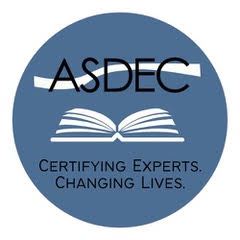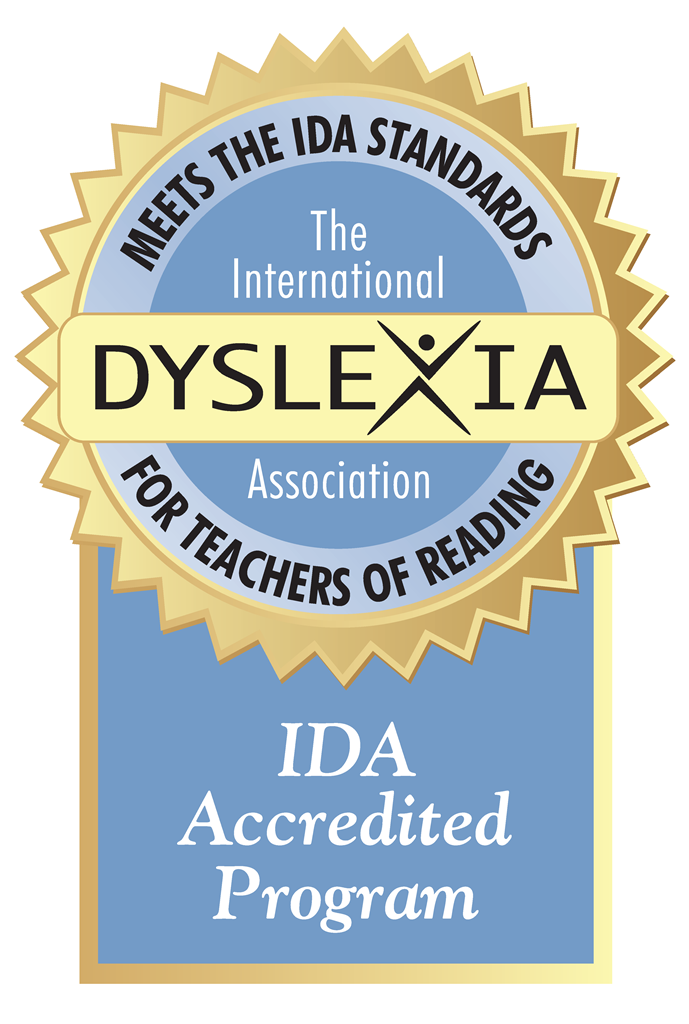A Case Study: The Story of Lucas
"The ASDEC specialists, unlike others, understood that Lucas is a talented boy who just needs to learn differently." If Lucas had an obvious speech problem or was blind or deaf, it would have been easier to get him the necessary accommodations and support. But dyslexia is not that obvious, and many educators are not well informed about dyslexia. Lucas is now doing well in school, and he continues to get support from the same academic therapist. We know that without the help of our academic therapist and Dr. Levinson, Lucas would probably have dropped out of school. The ASDEC specialists, unlike others, understood that Lucas is a talented boy who just needs to learn differently." |
THE FIRST SIGNS
We were driving back from our almost 6-year-old son’s T-ball game. Lucas was talking about an autistic child on the team.
“Justin can’t run very fast, he’s handicapped.”
“We are all handicapped in some way, Lucas. You can’t see it in most people,” I replied.
“I’m not handicapped!” Lucas insisted.
“Oh yes you are.” his Dad stated. “ We all have difficulty with something. We don’t know what it is for you yet.”
We were to find out within the year.
Lucas had done fine in preschool and kindergarten. He did not like doing certain homework in kindergarten, however, such as writing the alphabet or looking for items around the house that began with the featured letter of the alphabet for that week. “I don’t want to learn to read,” he complained. In first grade, when the reading started in earnest, he began to hit the wall. There was a note home on his behavior in the beginning of October. We talked about how he could improve, and Lucas promised to pay attention and do what the teacher asked. Lucas did his homework, and we got papers back from the school showing he was “on grade level.” Then, his reading teacher called in late April. She told us that Lucas was struggling with reading and had difficulty with organization. Furthermore, his handwriting was quite poor. I called for a meeting with the school. That meeting was quite disturbing. The teachers suggested that Lucas was troubled by perhaps something at home, or that perhaps we did not read to him enough, or that he had attention deficit disorder (ADD). We worked all summer on reading, and Lucas read over 50 books with us, even though it was very painful and difficult for him. He was really trying hard to learn to read well.
ASDEC SUPPORT
Second grade began. After only two weeks, Lucas came to me. “Mom, reading is just too hard. I hate it. I want to quit school. It’s okay. I’ll be a ditch digger.”
Luckily we had become acquainted with an academic therapist associated with ASDEC, who specialized in teaching dyslexic children. After working with Lucas for about half an hour, she asked if anyone in my family was dyslexic. I mentioned that my Dad and three brothers either had trouble reading or were diagnosed as dyslexic. She told me to have Lucas tested because it was very possible that he had a “language-based learning difficulty” — dyslexia. I immediately made an appointment with Lucas’ second grade teacher and explained what was happening. She was very supportive, and agreed to make some accommodations for him, even before he was tested. It took five months to get him tested because of difficulties with the insurance company. The diagnoses of two specialists validated the language-based learning difficulties, but they also concluded that Lucas was ADD and recommended we consider medication. We were upset, so we researched ADD on the internet, and Lucas did not fit the descriptions we found. Because I have a Ph.D in pharmacology and toxicology and work with the FDA, I went to the manufacturer of the recommended drug. The information from the drug manufacturer specifically stated to use the drug for ADD only if other reasons for the behavior, such as allergies, learning disabilities, had been eliminated.
Instead of taking medication, Lucas began academic therapy with the ASDEC specialist. With academic therapy, Lucas became more confident. He received an award as the most improved reader. We read all summer, and practiced adding and subtracting. Then third grade began. We shared with the new teachers the tests that indicated Lucas had dyslexia and sought their support. When Lucas returned home with his interim report for the first quarter, he was in tears.
“I got all Ns [for unacceptable]. I am going to be grounded forever. I wish I was never born.”
Both my husband and I comforted him.
“Are you doing your best?”
“Yes”
“Then there is no reason to punish you.”
We set a meeting with both of his teachers, the principal, the academic therapist, and me. The ASDEC academic therapist explained the challenges Lucas was facing as a dyslexic and how he needed to learn. With a little help at home in addition to the academic therapy, Lucas went from “about 6 months below grade level” to a solid B average within 6 weeks. At the end of the year, we had another meeting with the school. We requested he be coded as language and speech disabled, which is how dyslexics are classified, so he could ‘legally’ have appropriate accommodations. His ASDEC academic therapist and one of the founders of ASDEC, Dr. Betty Levinson, supported us in this meeting. The school did not want to provide this coding because the school speech therapist (who worked with Lucas for about an hour) stated he was “normal.” We had to continue arguing, with ASDEC support, for the proper coding. The school asked for more tests.
RESULTS
To meet the school’s requirements for recent testing, we had Dr. Levinson, a speech and language pathologist, and the school test Lucas. Finally, after three years of struggling, the school agreed that Lucas had dyslexia. He was coded correctly and received the necessary accommodations. If Lucas had an obvious speech problem or was blind or deaf, it would have been easier to get him the necessary accommodations and support. But dyslexia is not that obvious, and many educators are not well informed about dyslexia. Lucas is now doing well in school, and he continues to get support from the same academic therapist. We know that without the help of our academic therapist and Dr. Levinson, Lucas would probably have dropped out of school. The ASDEC specialists, unlike others, understood that Lucas is a talented boy who just needs to learn differently.

